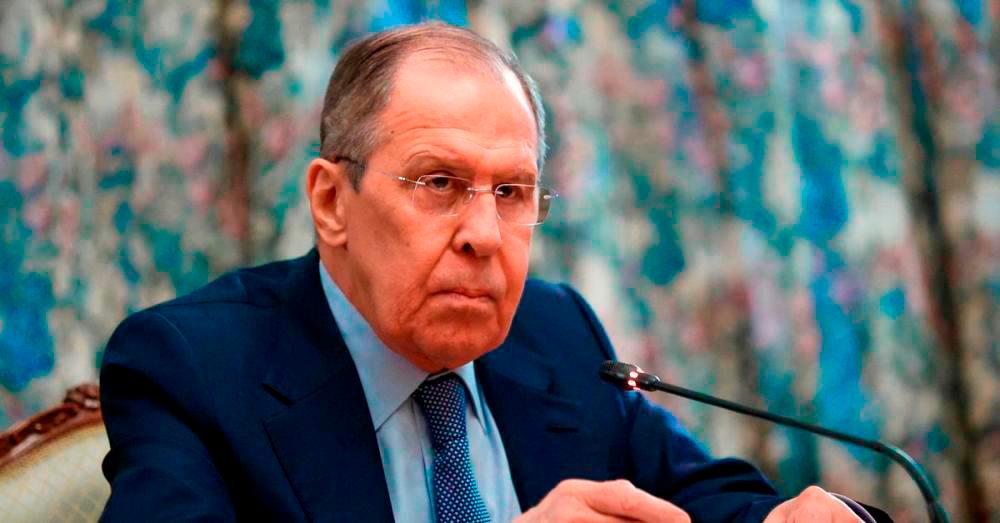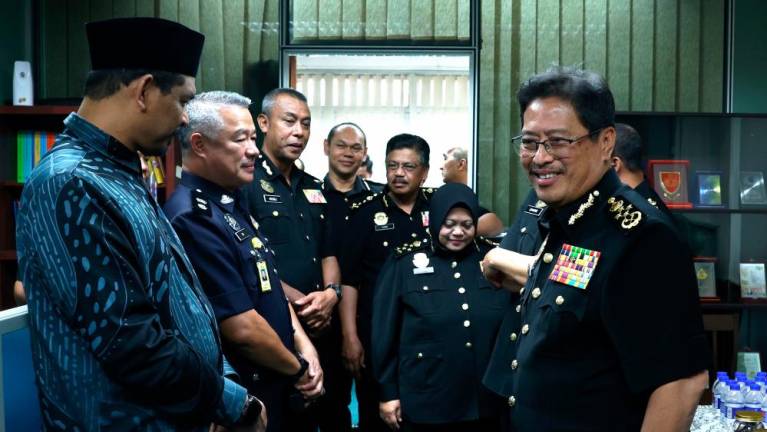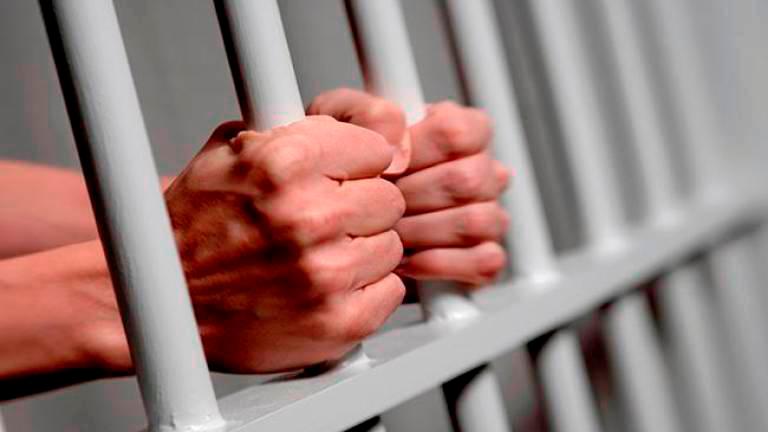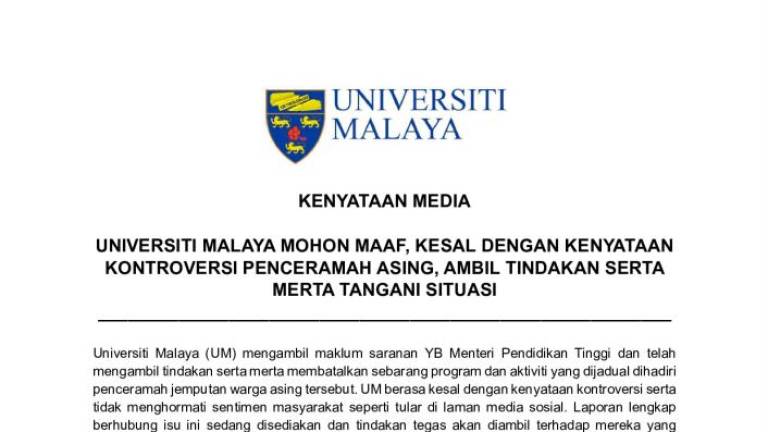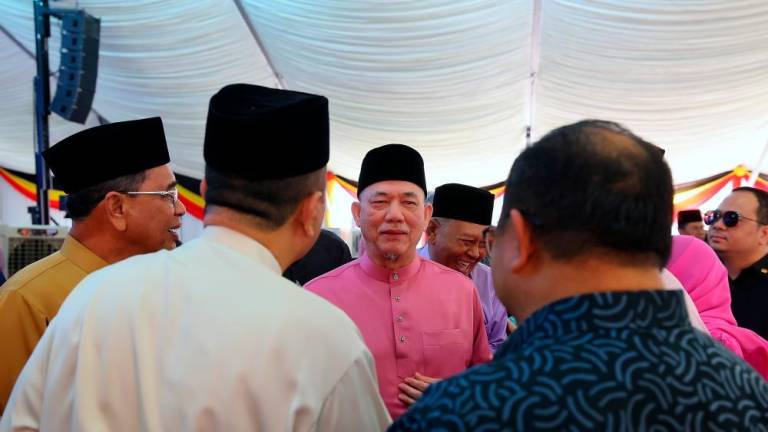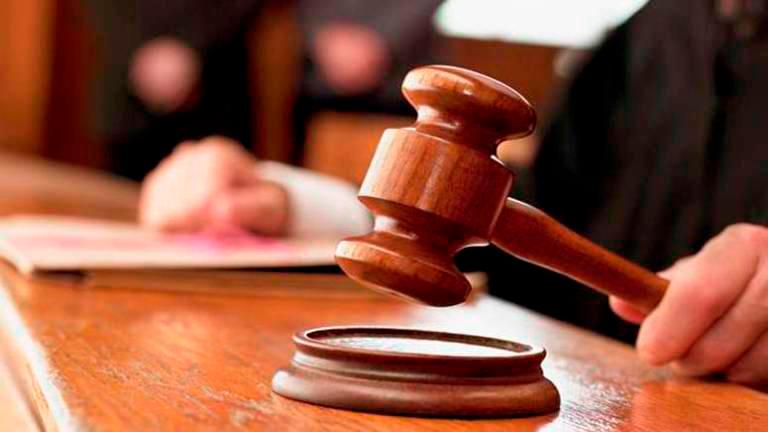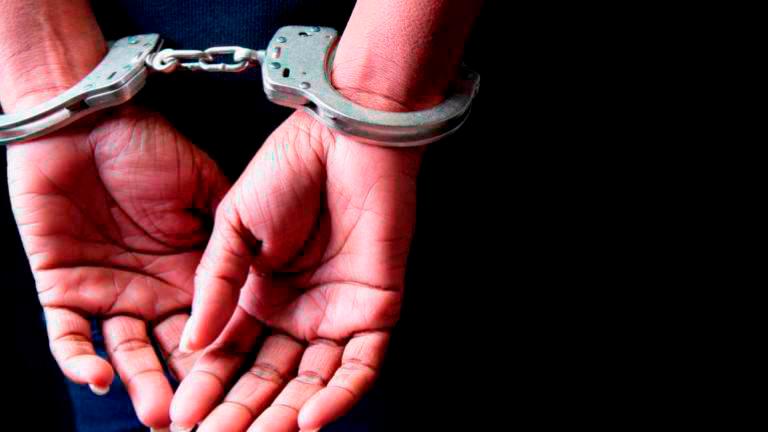RECENTLY, Russian President Vladimir Putin announced a partial military mobilisation during an address to the nation, which will see the armed forces mobilising some 300,000 reservists, or just over 1% of Russia’s full mobilisation potential.
Putin said this is a sensible and necessary measure considering Russia is fighting “the entire Western military machine” in Ukraine. He has already signed an order for the call-up to
start immediately.
“After certain compromises (with Moscow) were reached, Kyiv received a de facto direct order to derail all agreements. More weapons were pumped into Ukraine.
“The Kyiv regime deployed more gangs of international mercenaries and nationalists, military units trained to the North Atlantic Treaty Organisation (Nato) standards and under de facto command of Western advisers,” Putin said.
In an interview with Newsweek, Russian Foreign Minister Sergey Lavrov (pix) said Washington is perilously close to being openly involved in the conflict in Ukraine. The US and its allies are not seeking peace in Ukraine, but using the country to inflict a strategic defeat on Russia, said Lavrov, who was in New York for the 77th United Nations (UN) General Assembly session.
“Today, Western states funnel weapons and military hardware into the neo-Nazi regime in Kyiv, and train Ukraine’s armed forces. Nato and US weapons are used to fire at Russian territory bordering Ukraine, killing civilians there.
“The Pentagon does not hide that it is providing Kyiv with intelligence and target designations for strikes. We have recorded the presence of American mercenaries and advisers on the battlefield,” Lavrov told the US magazine.
When Moscow and Kyiv almost reached an agreement in March, this turn of events “obviously frightened the Americans and the British, so they actually forbade Ukraine to conduct further dialogue with Russia”, the Russian diplomat said. This was presumably a reference to revelations by pro-government media in Kyiv that then UK prime minister ,Boris Johnson, had brought such a message to Ukrainian President Volodymyr Zelensky.
“It is objectively not possible to maintain normal communication with Washington” after the US declared “the strategic defeat of Russia” as its policy goal, Lavrov told the outlet.
Meanwhile, Washington has slammed the warning by Putin that Russia is prepared to use any means necessary to protect its territorial integrity as “irresponsible”. It is monitoring the situation “as best we can”, but noted there has been no indication Russia has shifted its strategic posture, and the US currently sees no need to adjust its own. In the event Russia does decide to deploy nuclear weapons, the US warned there would be “severe consequences” for Moscow.
British ambassador to Ukraine, Melinda Simmons claimed Putin “still refuses to understand Ukraine. Partial mobilisation and sham referenda do not change that essential weakness”.
Robert Habeck, who is both vice chancellor and economy minister of Germany, described Moscow’s partial mobilisation as “another bad and misguided step” by the country. He also vowed Berlin will continue to support Kyiv in its conflict with Moscow.
The US, European Union (EU) and the UK and some other countries have been actively supporting Ukraine during the fighting, providing Kyiv with weapons, including multiple rocket launch systems, armoured vehicles and drones, as well as sharing intelligence and sending billions of dollars in financial aid to the government of Zelensky. Only French President Emmanuel Macron stressed on the importance of a negotiated peace as the only solution to the crisis.
Saying the conflict between Russia and Ukraine “will only end at the negotiating table”, Macron called for a “negotiated peace” between the neighbours during an interview on Sep 22 with French TV station BFM.
He insisted “our duty is to hold our line”, which is “helping Kyiv to protect its territory and never to attack Russia. We are not at war with Russia”, the French president assured.
Echoing the same assurance was a senior official of EU, Peter Stano, who said the EU is not in a state of war with Russia.
“Of course, we are not at war with Russia. We are supporting Ukraine’s legitimate, justified fight to defend its people and its territory,” he said, adding that Kyiv is protecting not only itself, but also European democratic values.
He denounced the partial mobilisation calling it “just another proof” that Putin is not interested in peace and seeks to “escalate his war of aggression. This is also yet another sign of his desperation”.
But many analysts who had watched the full broadcast of Putin’s speech said the Russian leader’s demeanour and body language showed a person who is far from being desperate. Rather, it showed a person who is determined to stop
the aggression he perceived from the US and EU on Russia.
While Stano vowed that the EU would impose “consequences” on Russia over its latest moves in Ukraine, he did not announce any new sanctions.
But what Putin actually said was some senior officials in Nato states who have suggested using tactical nuclear weapons against Russian troops would be justified; and Moscow would not hesitate to retaliate to such an attack with its own nuclear weapons.
Suddenly, this is twisted by the West as Russia wanting to be the first to launch a nuclear attack. It is amazing that Nato and EU politicians from countries where English is the mother tongue have interpreted this to mean Russia is the one that would initiate the first nuclear attack. This is an example of a Russo-phobic atmosphere in the West that Lavrov was referring to in his speech at the UN.
When Putin made the statement, he could be referring to Poland’s ruling party leader, Jaroslaw Kaczynski, who said way back in April that Poland would be open to having nuclear weapons stationed in the country, and welcome a 50% increase in the number of US troops in Europe.
In fact, according to former Russian president, Dmitry Medvedev, one of the reasons for the special operation in Ukraine was a statement by Zelensky, who said at one point that Kyiv does not rule out restoring its nuclear potential.
“Apparently, he wanted to scare us, but in the end he created an even heavier atmosphere, which ultimately forced the Russian Federation to launch a special military operation,” he said.
There are some who opined the referendum conducted by Russia in Donetsk and Lugansk republics, Zaporozhye Region and Kherson is a move to annex these regions, which will
allow Kremlin to claim Ukraine is attacking “Russian territory”.
That, in turn, will activate Russian defence doctrine, which allows the use of nuclear weapons. The logic in this argument is right but the conclusion is wrong. Russia will not activate the use of its nuclear weapons if no one uses such weapons first in attacking the four regions.
It is interesting to note in an interview with the French media in August, Medvedev, when asked on the possible use of tactical atomic weapons, or arms containing depleted uranium, said Russia has never put those into action, unlike some Western countries.
“Over the past 20 to 30 years, Nato states have used them quite actively both in Yugoslavia and Iraq. There is some uncertainty around this topic, with very tragic consequences.
“So, in this sense, we must first look at what Western countries have done in certain situations,” the former president said.
In fact, the US has no moral standing to talk about the use of nuclear weapons when it still holds the record of being the only country in the world to use it on Japan.
Thus, the only conclusion we can draw with this partial mobilisation by Russia is either the Ukraine war will relatively end speedily as winter sets in, with a Russian victory that will force Ukraine to the negotiating table, or the world will have to come to terms with a long and protracted war that will cause severe hardships to all countries in the world.
This war can never end with a Ukraine victory because Ukraine can never win this war on its own. It has to rely on the US and the EU to win. So, the onus is on the US and EU to convince Zelensky to negotiate for an end to the war on terms that will be less humiliating for Ukraine.
Jamari Mohtar is the Editor of Let’s Talk!,
an e-newsletter on current affair.
Comments: letters@thesundaily.com



